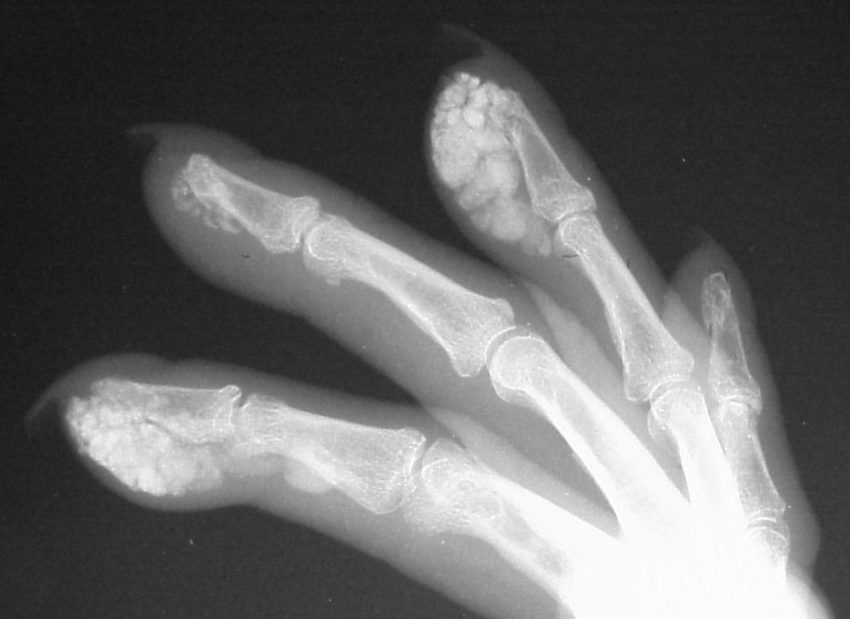Founded in 1963 with the aim of bringing together scientists and researchers in the field of calcified tissues to interact, learn from each other and create new alliances to advance research, the European Calcified Tissue Society (ECTS) have, since 1963, been acting as a forum to promote scientific excellence and education in the musculoskeletal field. Roberta Mugnai, Executive Director, who Boardroom met at the last European Association Summit, shares her insights as an association professional and explains how the organization operates. Interview Rémi Dévé
Can you briefly explain what ECTS is about?
With an Annual Congress, PhD Training Courses and many research funding instruments, the European Calcified Tissue Society acts as a forum for the dissemination of scientific excellence and education. ECTS represents today more than 600 members, including basic researchers, clinicians, students and health allied professionals working in the musculoskeletal field. It has a network of over 30 national and international societies.
Since its inception until the late nineties, our main activity was the organization of a bi-annual congress. The society and congress were run by a number of volunteers. But at a certain point, we found ourselves with a desire to create a stronger community: the frequencies of the congresses were increased to annual events and the first staff members were hired. That’s when ECTS started to become a truly professional membership organization.
Can you elaborate about the events you organize and you relate to Education, the main theme of this edition of Boardroom?
Like many learned societies, we organize a number of training courses and e-learning aimed to support all stages of career development, from PhD Students to established clinicians and basic scientists.
Education is at the very heart of ECTS. In 2016 we established the ECTS Academy, whose mission is to form a scientific network on musculoskeletal diseases to promote scientific excellence and the training of young scientists and doctors in Europe. It works as a kind of spinoff society of ECTS whose 10 members are elected for 5 years after a strict selection based on scientific excellence and cooperative engagement.
The ECTS Academy organizes a number of events and learning opportunities for the young generation. It is still rather new but since 2016 the ECTS Academy has successfully organized a number of activities, including special sessions during the ECTS Congress or quarterly webinars for instance, for what we call New Investigators to gain career advice, support and guidance by experienced professionals. This initiative is much more than a ‘school’ and prepares the next generation to truly become the new leaders of researchers in the musculoskeletal field.
Have you ever worked with a Professional Congress Organizer? Do you see the added value of it?
With the exception of the ECTS congress, all the activities that I just mentioned are organized in-house. We are a small team of four but the ECTS members are dedicated and committed to the ECTS mission and they take a large number of operational activities in their hands, which we are deeply grateful for. For the ECTS congress, we use the services of a PCO, but we keep the leadership of the strategic decisions, scientific programme and relations with our corporate supporters.
The size of our congress doesn’t justify the hiring of dedicated congress staff and the hiring of a PCO is the most appropriate solution for us at the moment. We selected our PCO very carefully based on a number of elements: first and foremost they needed to embrace our mission and vision and had to be ready to be a member of the ECTS family! Our PCO is now really part of the team. I believe collaboration and transparency are keys to success.
Read the rest of Roberta’s interview in Boardroom#4 – September 2017 available here.
